Singapore GDP shrinks a record 41.2% in second quarter
Coronavirus pushes city-state into recession for first time since global financial crisis
6 hours ago
 The number of coronavirus cases in Singapore is one of the highest in south-east Asia © AFP via Getty Images
The number of coronavirus cases in Singapore is one of the highest in south-east Asia © AFP via Getty Images
Singapore fell into recession for the first time since the global financial crisis, with gross domestic product contracting by 41.2 per cent in the second quarter after the city-state imposed a lockdown to battle coronavirus.
The quarter-on-quarter squeeze in gross domestic product was the largest on record, according to preliminary figures from the trade and industry ministry, following a 3.3 per cent contraction in the first quarter.
The economy shrank by 12.6 per cent year-on-year — the largest drop since independence in 1965 — owing to “circuit breaker” measures imposed from April 7 to June 1 that forced non-essential businesses to close. Economists polled by Reuters had forecast a 10.5 per cent fall.
The economy shrank by 0.3 per cent in the first quarter compared with the same period last year.
The second-quarter fall confirms that the city-state is in technical recession, defined as two consecutive quarters of contraction.
The dire economic data come days after Singapore's ruling party won re-electionbut secured one of the lowest shares of the popular vote on record. Concerns over jobs intensified against the backdrop of Covid-19, with the resident unemployment rate forecast to jump to 4.2 per cent in 2020. Up to 97,800 residents could lose their jobs by the end of the year, according to DBS.
Singapore’s export-driven economy was hit by a drop in external demand as countries around the world also locked down to prevent the spread of the virus.
Recommended
Chua Hak Bin, senior economist at Maybank, expects a rebound in the third quarter, when looser social distancing measures should boost the services sector. Mr Chua said the services sector rather than manufacturing — which grew 2.5 per cent in the second quarter on an annual basis — was dragging the economy down.
But recovery will be damped by a “slow reopening, border controls, strict distancing rules and foreign worker shortages”, he added.
“Not only are some workers still stuck in dormitories, but Singapore also relies on [hundreds of thousands of] workers from Malaysia who commute every day. ”
On Tuesday, Singapore and Malaysia announced that they would gradually resume cross border travel for essential and official business from August 10.
Under this scheme, long-term immigration pass holders may enter the other country for work.
With foreign workers restricted to their dormitories, construction fell by 54.7 per cent year on year in the second quarter. Having seemingly controlled the virus early this year, the contagion spread rapidly in dormitories where more than 300,000 migrant workers sleep in cramped rooms with up to 20 bunk beds.
Latest coronavirus news

Follow FT's live coverage and analysis of the global pandemic and the rapidly evolving economic crisis here.
With 46,283 infections and 26 deaths, Singapore has one of the highest number of cases in south-east Asia.
Alex Holmes at Capital Economics forecast that Singapore’s economy would bounce back in the second half of the year after lockdown measures were eased in early June and government stimulus measures worth S$100bn ($72bn) take effect. He said its recovery would outpace others in the region.
“The key reason for optimism is the huge size of the government’s stimulus package, which is equivalent to around 20 per cent of GDP,” Mr Holmes said.
“This has supported businesses and households through the crisis, which should allow output to bounce back now that the economy is reopening.”
Coronavirus pushes city-state into recession for first time since global financial crisis
6 hours ago

Singapore fell into recession for the first time since the global financial crisis, with gross domestic product contracting by 41.2 per cent in the second quarter after the city-state imposed a lockdown to battle coronavirus.
The quarter-on-quarter squeeze in gross domestic product was the largest on record, according to preliminary figures from the trade and industry ministry, following a 3.3 per cent contraction in the first quarter.
The economy shrank by 12.6 per cent year-on-year — the largest drop since independence in 1965 — owing to “circuit breaker” measures imposed from April 7 to June 1 that forced non-essential businesses to close. Economists polled by Reuters had forecast a 10.5 per cent fall.
The economy shrank by 0.3 per cent in the first quarter compared with the same period last year.
The second-quarter fall confirms that the city-state is in technical recession, defined as two consecutive quarters of contraction.
The dire economic data come days after Singapore's ruling party won re-electionbut secured one of the lowest shares of the popular vote on record. Concerns over jobs intensified against the backdrop of Covid-19, with the resident unemployment rate forecast to jump to 4.2 per cent in 2020. Up to 97,800 residents could lose their jobs by the end of the year, according to DBS.
Singapore’s export-driven economy was hit by a drop in external demand as countries around the world also locked down to prevent the spread of the virus.
Recommended
Chua Hak Bin, senior economist at Maybank, expects a rebound in the third quarter, when looser social distancing measures should boost the services sector. Mr Chua said the services sector rather than manufacturing — which grew 2.5 per cent in the second quarter on an annual basis — was dragging the economy down.
But recovery will be damped by a “slow reopening, border controls, strict distancing rules and foreign worker shortages”, he added.
“Not only are some workers still stuck in dormitories, but Singapore also relies on [hundreds of thousands of] workers from Malaysia who commute every day. ”
On Tuesday, Singapore and Malaysia announced that they would gradually resume cross border travel for essential and official business from August 10.
Under this scheme, long-term immigration pass holders may enter the other country for work.
With foreign workers restricted to their dormitories, construction fell by 54.7 per cent year on year in the second quarter. Having seemingly controlled the virus early this year, the contagion spread rapidly in dormitories where more than 300,000 migrant workers sleep in cramped rooms with up to 20 bunk beds.
Latest coronavirus news

Follow FT's live coverage and analysis of the global pandemic and the rapidly evolving economic crisis here.
With 46,283 infections and 26 deaths, Singapore has one of the highest number of cases in south-east Asia.
Alex Holmes at Capital Economics forecast that Singapore’s economy would bounce back in the second half of the year after lockdown measures were eased in early June and government stimulus measures worth S$100bn ($72bn) take effect. He said its recovery would outpace others in the region.
“The key reason for optimism is the huge size of the government’s stimulus package, which is equivalent to around 20 per cent of GDP,” Mr Holmes said.
“This has supported businesses and households through the crisis, which should allow output to bounce back now that the economy is reopening.”
















 Advertisement iPad 7th Gen WiFi 32GB at $0 upfront with Singtel 1Gbps Fibre Singtel
Advertisement iPad 7th Gen WiFi 32GB at $0 upfront with Singtel 1Gbps Fibre Singtel 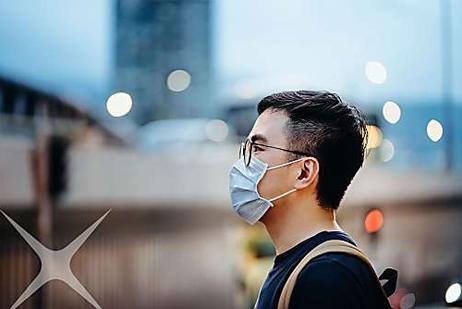 Advertisement Life's new normal: Hacks and tips Curated for you by DBS Learn
Advertisement Life's new normal: Hacks and tips Curated for you by DBS Learn 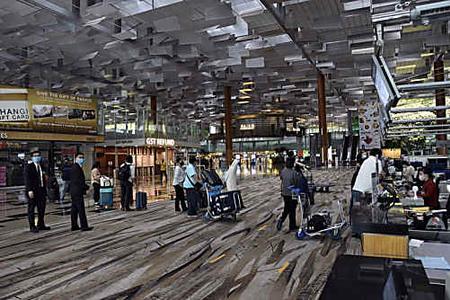 Too early to say with which countries Singapore will first lift Covid-19 travel…
Too early to say with which countries Singapore will first lift Covid-19 travel… 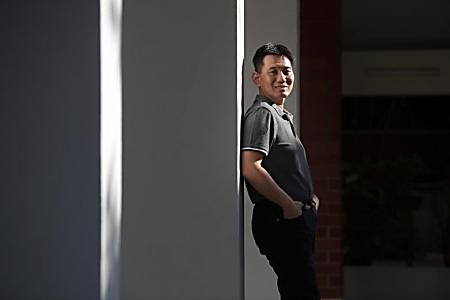 10,000 local residents found jobs via Workforce Singapore's career matching…
10,000 local residents found jobs via Workforce Singapore's career matching… 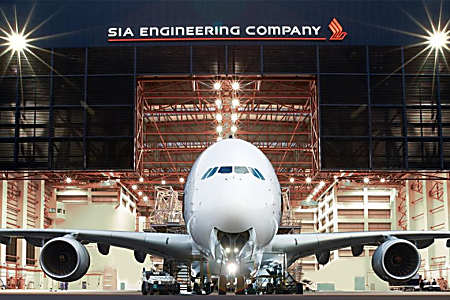 Eagle Services Asia says retrenchments not confirmed, all staff still on payroll
Eagle Services Asia says retrenchments not confirmed, all staff still on payroll  Money FM Podcast: Options for drivers who go car-less
Money FM Podcast: Options for drivers who go car-less  Money FM Podcast: Do we need in-car cameras
Money FM Podcast: Do we need in-car cameras 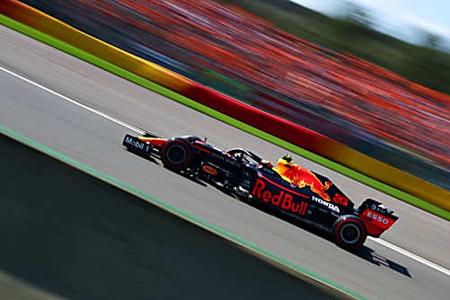 A race-winning formula for your car
A race-winning formula for your car 